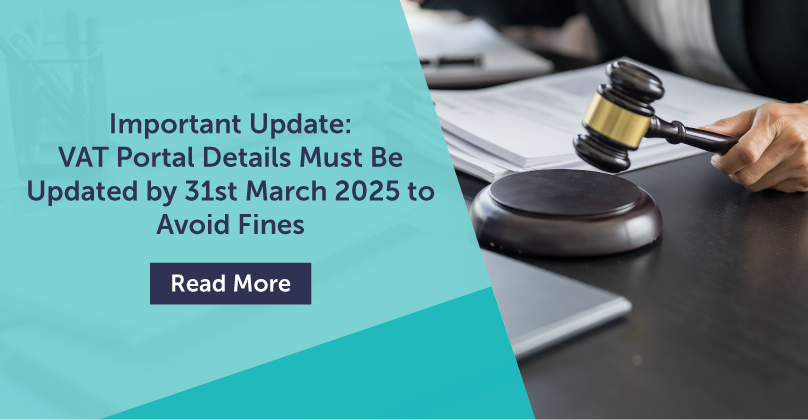
- Nov 07,2013
- All
Internal control is an essential prerequisite for effective and efficient management of any organization. Most of the SMEs lack the proper system of internal control which results in various fraudulent activities. It has become the core objective of management to implement an effective internal control system appropriate to the nature and size of the entity.
Need for Internal Auditing System:
Due to the enormous growth in the size and complexities of modern business undertakings, management will not be possible unless the entity has an effective internal control system. Due to the increase in day to day transactions of the business tremendously, it has become impracticable for the internal auditor to conduct detailed vouch-and-post audit during the internal audit procedure. An effective and efficient internal control system will solve this issue of time constrain as well as make the audit easier and accurate.
Internal Control Procedures:
The internal control procedures should be established to achieve the entity’s specific objectives. The procedures include:
i) Physical verification of assets
ii) Physical cash verification
iii) Reconciliation of accounts
iv) Control on computer generated data
v) Cross checking of accounts with supporting documents
vi) Proper flow of activities through authorized persons, etc.
Role of Internal Auditor in Internal control:
The primary objective of conducting an internal audit is to evaluate internal control system. Internal auditor assists management in establishing and maintaining internal control, which comprises five critical components: the control environment; risk assessment; risk focused control activities; information and communication; and monitoring activities. Internal auditors also perform audits to evaluate whether the five components of management control are present and operating effectively, and if not, provide recommendations for improvement. An internal auditor reviews all accounting activities within an organization and determines if the books are intentionally being tampered with, or any mistakes have been made in the recording process, thus leading to a good internal control in the entity.
Internal control system is a procedure to check whether any abnormalities have taken place where as, an internal auditor is the individual who follows these procedures to make an ultimate judgment. In short, internal control system and internal auditor goes hand-in-hand. It has become inevitable to have an internal control system in an entity for its smooth functioning. Chartered Accountants with best experience in internal control and internal audit are the best professionals to implement it. Emirates Chartered Accountants Group provides various services in introducing internal control system and assists the management for the same. For assistance, please contact info@claemirates.com.




